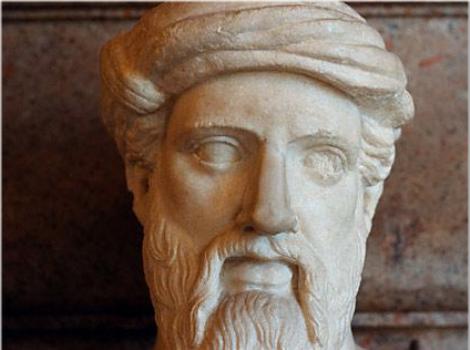 Pagophagia and the Umami Hypothesis
Pagophagia and the Umami HypothesisPagophagia is an eating disorder where you chew a lot of ice. A friend of mine had it. After she...
 Not The Same Study Section: How The Truth Comes Out
Not The Same Study Section: How The Truth Comes OutIn the latest Vanity Fair is a brilliant piece of journalism, Goodbye to All That: An Oral History...
 The Power Law of Scientific Dismissiveness
The Power Law of Scientific DismissivenessIn my experience, scientists are much too dismissive; most of them have a hard time fully appreciating...
 How Dangerous is LDL Cholesterol?
How Dangerous is LDL Cholesterol?We all know the term bogeyman — a fictional monster that empowers its inventor. According to...







